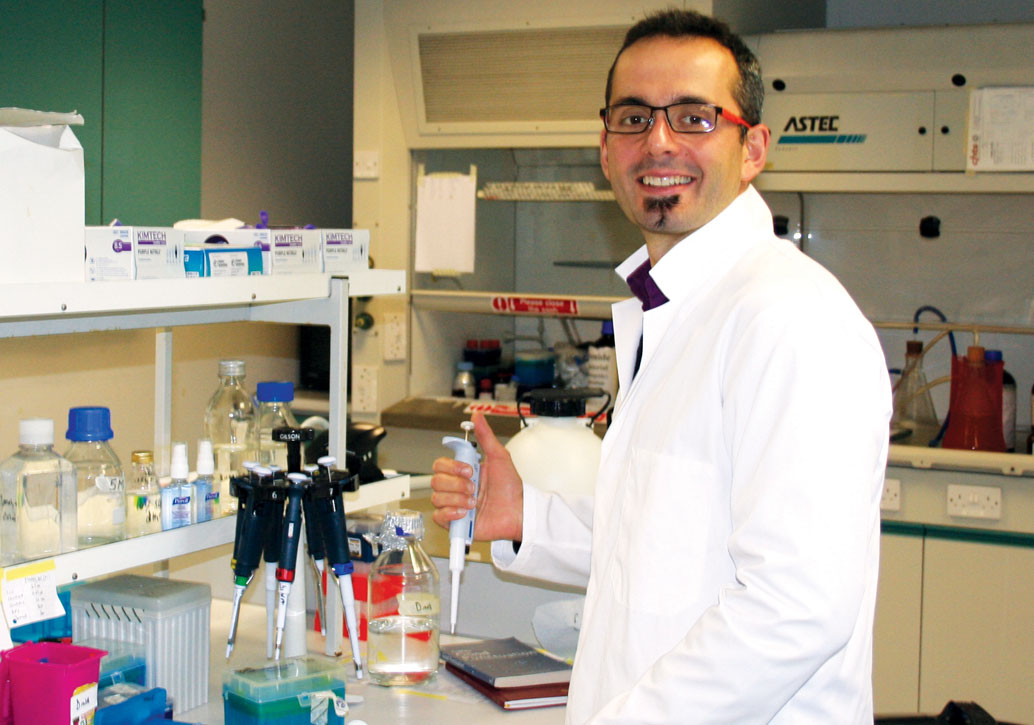Alzheimer research goes vascular
Focus on Alzheimer
It is increasingly evident that Alzheimer’s disease and other forms of dementia are associated with the malfunction of blood vessels in the brain. This is referred to as “cerebrovascular disease,” and it participates in the development of dementia by reducing the blood supply of affected brain areas, exacerbating the loss of neuronal and cerebral function. The molecular mechanisms underlying the onset and progression of cerebrovascular conditions and vascular dementias are largely unknown.
In my laboratory at the University of Bath (UK), we are currently investigating the effects of protein fragments (known as amyloidogenic peptides) that accumulate in the brains of patients with Alzheimer’s disease on blood vessel activity and blood clot formation. We recently received funding from Alzheimer’s Research UK and we are collaborating with the University of Pavia in Italy on this project. We hope that, in the long run, we will be able to elucidate the links between Alzheimer’s disease and the vascular complications that occur in the brains of patients with this disease.
In particular, we are studying how blood platelets (responsible for blood clotting) and endothelial cells (lining the lumen of blood vessels) are affected by the accumulation of amyloidogenic peptide and how they lose their normal activity in the brains of those with Alzheimer’s disease. This research will help identify a treatment targeting the vascular complications of Alzheimer’s disease, to combine with existing treatments.
Giordano Pula lectures in cardiovascular pharmacology at the University of Bath (UK). He has a degree in molecular biology (University of Parma, Italy) and a PhD in pharmacology (University of Bristol, UK).













